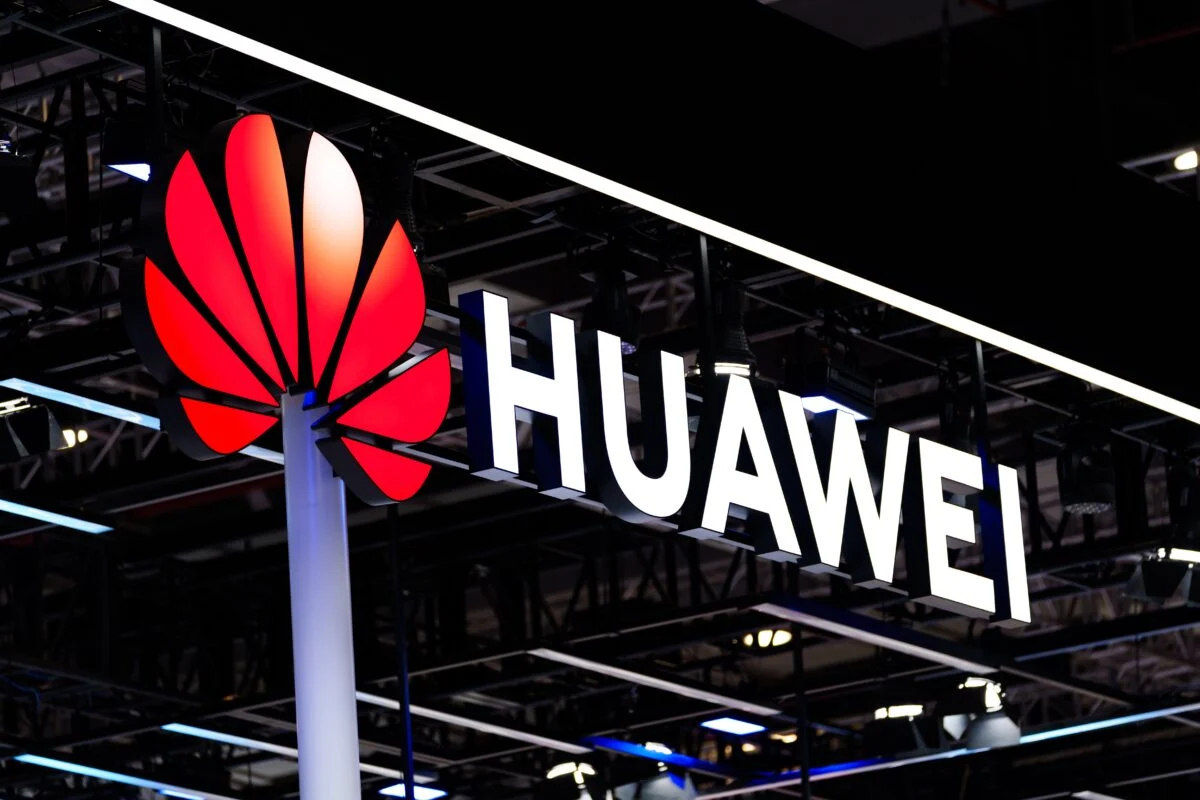
Huawei is making a bold move in the AI space, and it’s putting one of its most trusted leaders in charge. Richard Yu Chengdong, the longtime head of Huawei’s Consumer Business Group — best known for leading the company’s smartphone success — has been appointed to a powerful new role: Director of the Product Investment Review Committee. This decision, made official by Huawei’s founder and CEO Ren Zhengfei, signals a major shift in how the tech giant is focusing its resources in a rapidly evolving global tech landscape.
With this role, Yu will oversee Huawei’s major product investments, making sure the company’s money is going where it matters most — especially in artificial intelligence. The move reflects Huawei’s urgent need to evolve amid ongoing international sanctions, particularly from the U.S., which have restricted access to vital components and global markets.
Huawei isn’t just pivoting to AI as a trend — it’s becoming a core business strategy. The company has recently made several big announcements in this space, including its new SuperPoD Interconnect technology, which links together up to 15,000 AI chips for high-performance computing. It’s a direct answer to Nvidia’s NVLink, and especially important after China banned domestic firms from buying Nvidia hardware. Huawei’s in-house Ascend AI chips are now positioned as a crucial homegrown solution for large-scale AI development.
On top of that, Huawei also recently restructured its cloud computing division to make AI a central focus. Several departments were merged to streamline operations and target six key areas: computing, storage, databases, cybersecurity, and more. This shift follows reports of losses in Huawei’s cloud business and suggests the company is using AI to turn things around.
Now, with Richard Yu guiding how investments are made, Huawei is trying to unify its AI efforts — from chip design to cloud infrastructure — into a single, focused strategy. Backed by its tradition of heavy R&D spending (around 10–15% of revenue), Huawei seems determined not just to weather global restrictions but to emerge as a serious player in the future of AI.






